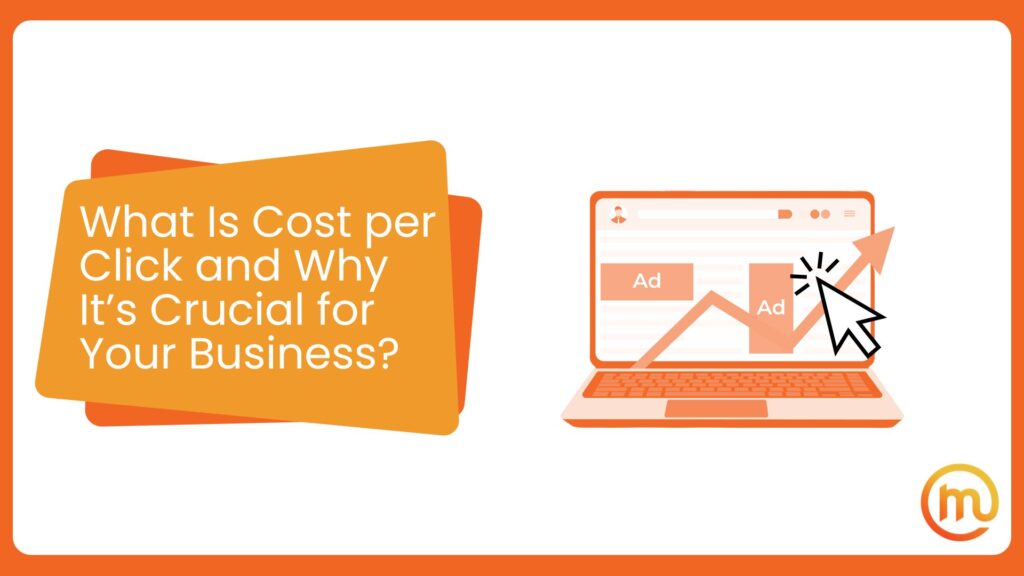These days, everyone and their grandma has an ad blocker installed. Still, Google Ads manages to sneak into the screens of 90% of internet users. No matter what business you’re in, you’ve never had an audience this big! But how can you make it work? What is cost per click, and is it really that integral to growing your brand? Let’s break it down.
Every Finger Tap Counts – What Is Cost per Click Exactly?
Cost per click (CPC) is an advertising metric that’s just what it sounds like – every time someone clicks on your ad, you pay up. This system is called pay-per-click (PPC) advertising, and CPC is the magic number that keeps it all running.
But why should you and your small business even care? Well, whether you work in retail or own a family restaurant, CPC is a big deal in digital marketing because it significantly impacts your return on investment (ROI). It’s the key to knowing whether your ads are killing it or just burning through the budget.
And the numbers are looking quite promising – PPC advertising can deliver an average ROI of 200%! Yep, you read that right – for every dollar you spend on Google Ads, you could make $2 back. Sounds like hitting the jackpot, right? With the right campaign and a bit of help from a professional online advertising agency, you might just score big time.
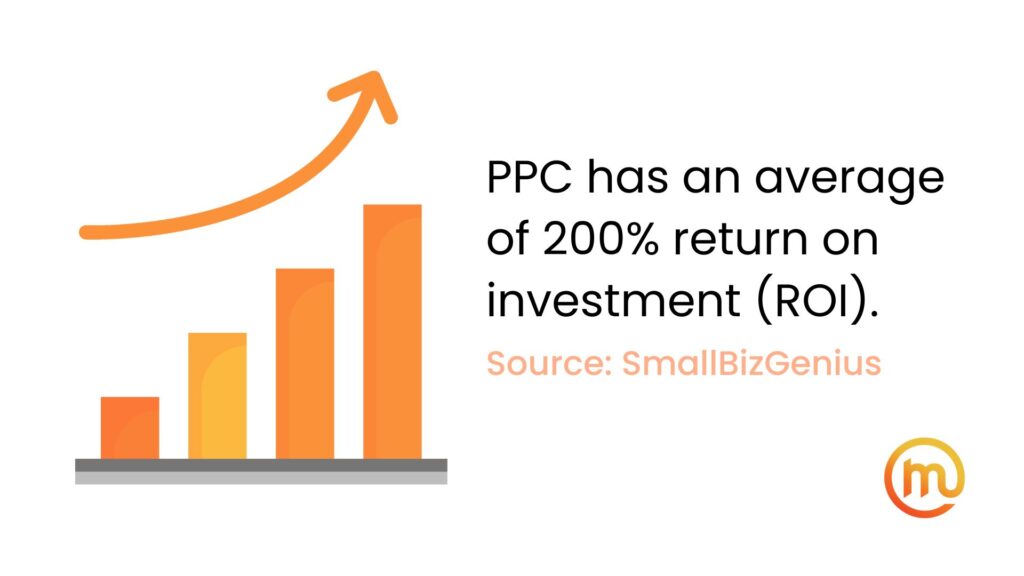
How Does This PPC and CPC System Work?
So, in a nutshell – PPC is the game, and CPC is the scorecard. Here are the rules – you enter an auction-style system, a kind of bidding war, where you set the maximum amount you’re willing to pay when someone clicks on your ad. However, most of the time, the actual cost ends up being lower, depending on a few key factors including:
- The maximum bid for your ad,
- The relevance and Quality Score of your campaigns,
- Competition for the particular keywords or ad placements.
What Is the Cost of a Click?
PPC advertising has one great advantage that’s hard to overlook – you don’t spend a dime until someone actually clicks on the ad. The average CPC on Google Ads is $2.69, but before you throw in the towel at this price, remember – with a bidding system, you control the price.
You set the maximum amount you’re willing to pay, and Google’s algorithms make sure you don’t pay a penny more than your bid. On top of that, discounts are given to advertisers with high Quality Scores. This is determined by how relevant your ad and its content are to the search terms people are using. So, the better your ad, the better the deal you get!
How To Calculate Cost per Click?
CPC is super easy to figure out – it’s just your total ad cost divided by the number of clicks you got. Say you dropped $250 on a PPC advertising campaign and scored 1,000 clicks. So, each click will cost you $0.25 – not bad, right? It’s a small price to pay for getting your business in front of the right eyes (and fingertips).
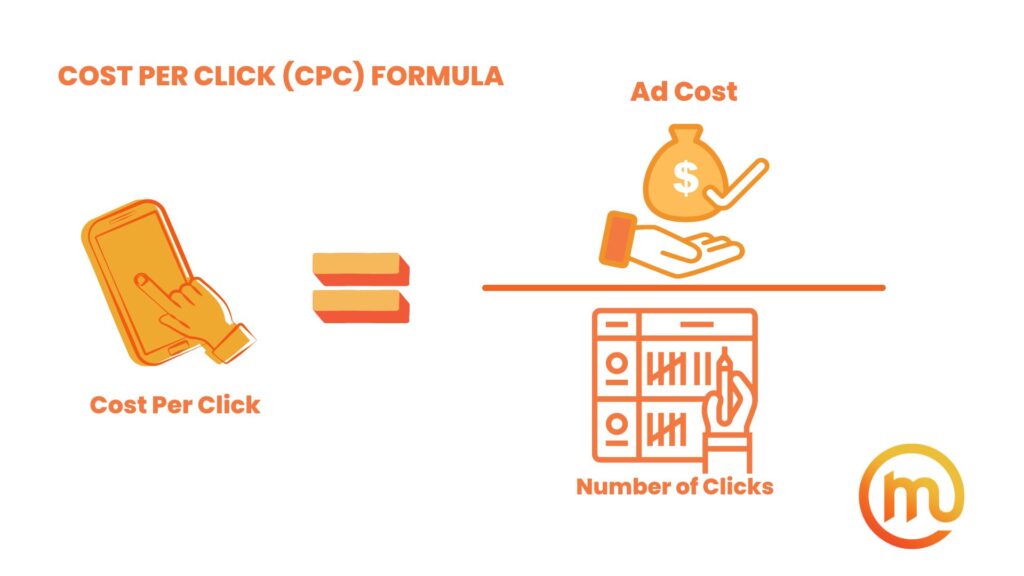
Here Are the Most Popular Platforms To Invest Some Click Cash
As you’ve probably noticed by now, we’ve mentioned Google Ads a few times already, and for good reason. It’s the heavy-weight champ of PPC platforms, and alongside Facebook Ads, these two powerhouses deliver the highest reported ROI.
However, they are far from being the only platforms businesses such as yours could explore. Here’s an overview of the most promising avenues:
- Google – the ultimate all-rounder, no matter if you want to reach your audience through search, display, or something else,
- Bing – Microsoft’s own program that lets you reach users with both organic and sponsored listings,
- Facebook – perfect for businesses of any size, this platform lets you target users based on location, interests, and demographics,
- Instagram – this social media platform lets you showcase your brand in creative ways that stand out in scroller’s feeds,
- YouTube – if video content is your thing, this platform, paired with some YouTube SEO magic, is a fantastic way to grab attention,
- TikTok – with its massive and engaged user base, TikTok gives brands a fun way to connect with their audiences through creative content,
- LinkedIn – the go-to platform for B2B marketing, where you can target based on the industry, job title, seniority, and more, making networking as easy as ever.
What Are the Most Common Types of CPC Ads?
Just like there are endless advertising platforms, there’s a whole buffet of CPC ads to choose from. Let’s be real – you wouldn’t promote a business seminar with a TikTok dance video (although, it’s so crazy it just might work), so the type of ad is as important as the platform you’re using. Here’s an overview:
Search Ads
As much as 96% of advertisers pour their budgets into search ads, and with the chance to pop up right at the top or bottom of the search engine results page (SERP), it’s easy to see why. It’s prime digital real estate!
Often called sponsored search, this type of advertising allows you to bid for a spot in the sponsored links whenever someone searches for something related to your product or service. For example, someone’s searching for “best coffee maker“, and boom – your ad for a top-notch espresso machine shows up right in front of them. That way, you’re reaching people already hunting for what you offer, giving you a much higher shot at scoring that click and turning it into a sale!
Display Ads
These are visual eye-catchers that pop up on relevant websites or apps within an advertising network, such as Google’s Display Network. It’s pretty obvious why this works – someone’s deep into the rabbit hole of coffee-related blog posts, and boom – your ad for a sleek new espresso machine slides right into view! It’s like serving up your product to a crowd already invested in what you’ve got!
Display ads are great for reaching a large audience, boosting brand awareness, and getting people to your website. You can also fine-tune your campaigns by targeting specific interests and demographics, making sure your message reaches all the right people at just the right time.
Shopping Ads
Shopping ads work like a digital storefront right on the SERP, showing off your products when users search for related items. These ads come with a picture, price, and a brief description – they’re something like mini billboards for the products you’re offering.
Obviously, they are perfect for targeting shoppers who are already on the hunt for exactly what you’re selling. They type in “best espresso machine“, and there it is – your product with a price tag and a shiny image to match. Shopping ads are great at driving high-quality traffic to your site, and since these users are primed to buy, you can see a nice boost in conversions and sales.
Social Media Ads
Ads on social media platforms such as Facebook, TikTok, and Instagram come in all shapes and sizes. They can be sponsored posts, eye-catching videos, or even fun carousel ads that users can swipe through.
Think of it like this – someone scrolling through Instagram sees your ad for a new coffee maker, complete with a video showing it in action. Now they’re hooked! The beauty of social media ads is that you can target them with pinpoint accuracy, using demographic data and user interests. To really nail it down, working with an experienced social media marketing agency is always a smart move.
Retargeting Ads
Retargeting ads are like friendly little reminders that “follow” visitors who’ve checked out your website but didn’t quite make it to the checkout. Using cookies, these adverts can appear for your past visitors on other platforms, giving them a subtle nudge.
Retargeting ads work wonders because they’re aimed at people already familiar with your product, making them more likely to convert. Whether it’s text, image, or video-based, they just pop up to say – hey, remember this awesome espresso machine? And who knows, maybe this time they’ll finally hit that BUY button.
What Are the Advantages of CPC Advertisements?
While we’ve covered the basics, we’ve mentioned a bunch of cool perks of this type of advertising. However, it’s worth highlighting the biggest advantages once again, all in one place, so you can make a well-informed decision.
First and foremost, you only pay when someone actually clicks on the advert. So, you’re only spending money when there’s a real shot at landing a potential customer. On top of that, you’re in the driver’s seat when it comes to your budget. You set the maximum bid and daily spending, no nasty surprises included.
Plus, with targeted keywords, locations, and demographics, you can make sure the ads are seen by the right crowd. Also, once everything’s up and running, you will get all the juicy details – clicks, impressions, and conversions – so you can see exactly how your campaign is performing and tweak it for even better results.
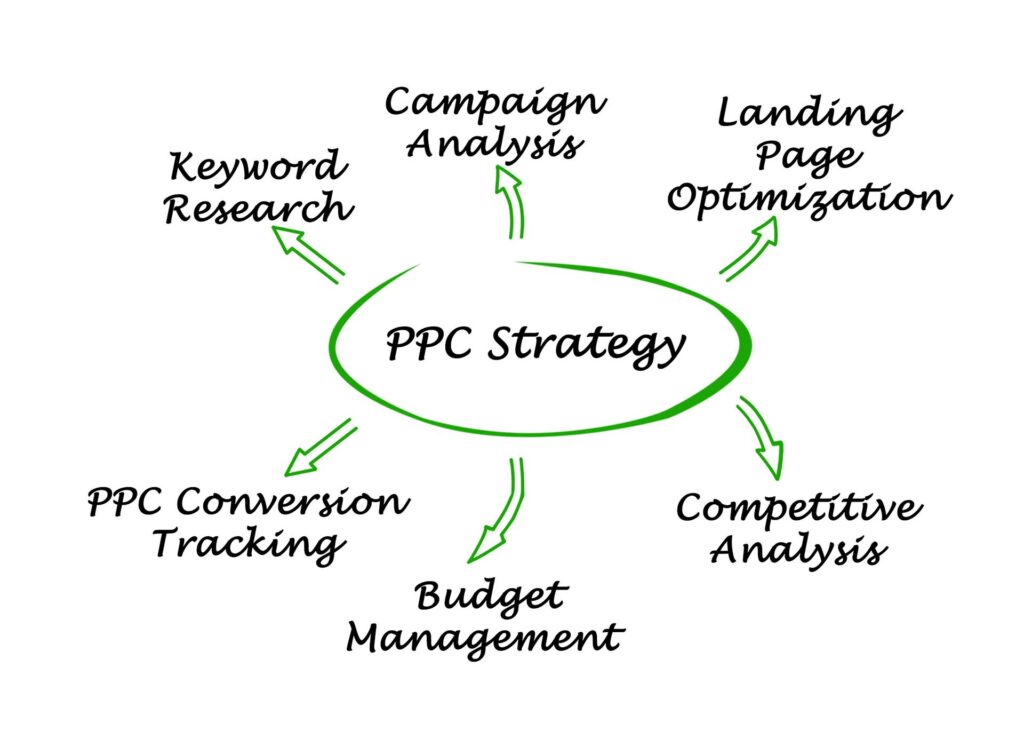
What Are the Disadvantages of CPC Advertisements?
As a business owner, you know very well that to make the best decision, you’ve got to flip the coin and check out both sides. Firstly, some markets are super competitive, and the cost per click can skyrocket – especially for those highly sought-after keywords and prime ad spots. This can be a tough hill to climb if you’re working with a tight budget, especially when you’re up against the big players.
When it comes to the budget, here’s another pretty serious consideration – unlike search engine optimization (SEO), which brings in organic growth that sticks around for the long haul, PPC only works as long as you’re feeding it money. Once your budget runs dry, the adverts will be removed automatically until the end of the billing period.
The real power move? Get PPC and SEO to team up. When you integrate both, you can share keyword data and insights, which can significantly improve your strategies. After all, you’re combining short-term wins with long-term growth – what can be better than that?
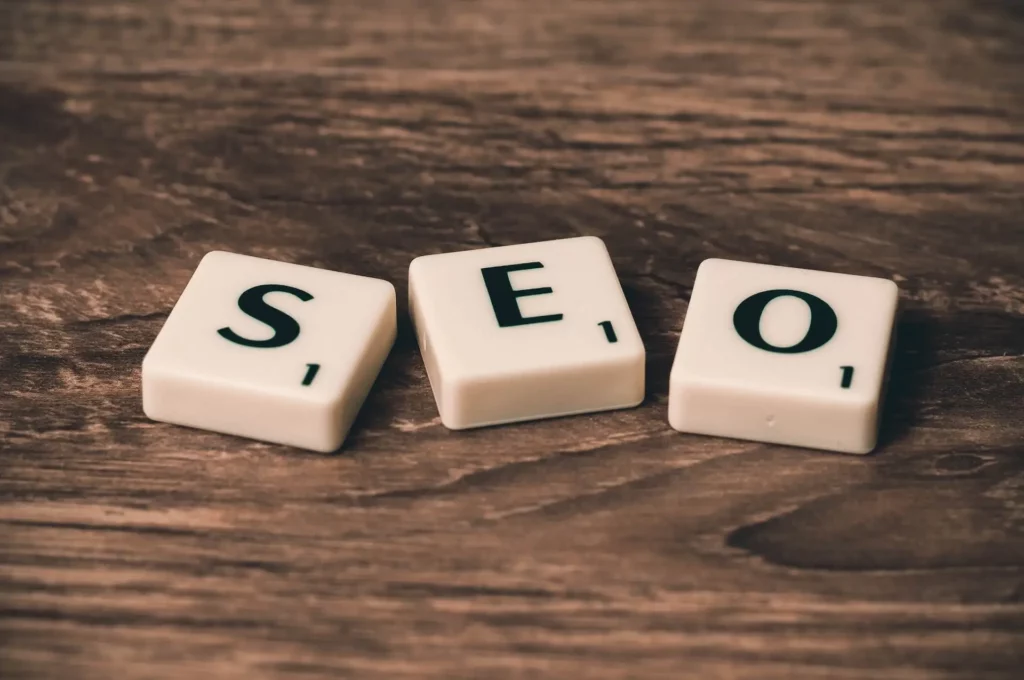
Ready To Chase Clicks With the Help of Our Team at Made Online?
Getting noticed online is about so much more than just having a stellar PPC campaign, although it’s a great start. It’s a mix of everything – engaging content writing, precise targeting, efficient website development, and the list goes on. Instead of running in circles trying to figure all of that out, why not make it easier on yourself and your business?
You need a one-stop shop for all things online. Our SEO digital marketing agency, Made Online, is up for the challenge. Contact us today and let’s start scheming the perfect campaign. You focus on the big wins, while our experts handle the hard stuff – it’s a match made in digital heaven!

